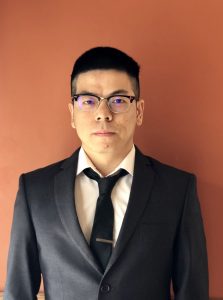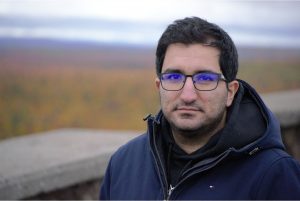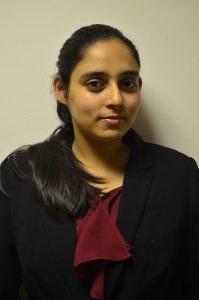Kai Zhang
MEEM
 Mr. Kai Zhang received his BS degree in Mechanical Engineering at Beijing Institute of Technology, and MS degree at University of Massachusetts Amherst. He is currently a Ph.D. candidate in MEEM department under the supervision of Dr. Chunpei Cai. His research focuses on plasma simulations, and theoretical and/or numerical analysis of rarified gas flows. After the completion of his Ph.D. degree, he would return to China to teach and continue his research as a university faculty in Hunan. He wishes to bring the education experience at MTU to his future students and strive for academic excellence.
Mr. Kai Zhang received his BS degree in Mechanical Engineering at Beijing Institute of Technology, and MS degree at University of Massachusetts Amherst. He is currently a Ph.D. candidate in MEEM department under the supervision of Dr. Chunpei Cai. His research focuses on plasma simulations, and theoretical and/or numerical analysis of rarified gas flows. After the completion of his Ph.D. degree, he would return to China to teach and continue his research as a university faculty in Hunan. He wishes to bring the education experience at MTU to his future students and strive for academic excellence.

